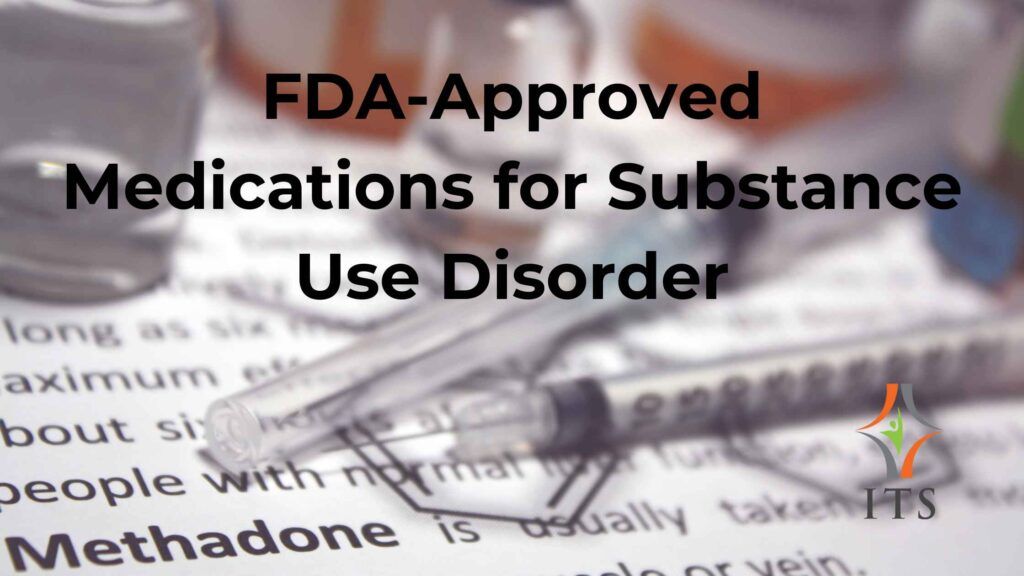In the ongoing battle against addiction, it is essential to utilize all available resources. One such resource is medication-assisted treatment (MAT), which incorporates FDA-approved medications in conjunction with therapy and support for individuals on their recovery journey. This post will delve deeper into this topic, examining the various FDA-approved medications used in addiction treatment.

Understanding Medication-Assisted Treatment
Medication-assisted treatment combines behavioral therapy and medications to treat substance use disorders. When used correctly, MAT can significantly increase recovery rates and reduce the risk of relapse. The FDA has approved several medications for treating various addictions, each with its unique properties and benefits.
FDA-Approved Medications for Opioid Use Disorder
- Methadone: Methadone is a long-acting opioid that helps manage withdrawal symptoms and reduce cravings in individuals recovering from an opioid use disorder. It must be administered under the supervision of a healthcare provider at an approved clinic.
- Buprenorphine: Buprenorphine works by binding to the same receptors as opioids, reducing withdrawal symptoms and cravings. Unlike methadone, it can be prescribed in a doctor’s office.
- Naltrexone: Naltrexone blocks the effects of opioids, preventing any sense of euphoria or high. It can be administered once a month by a healthcare professional.
FDA-Approved Medications for Alcohol Use Disorder
- Disulfiram: Disulfiram causes unpleasant side effects when alcohol is consumed, thus discouraging drinking. It’s usually recommended for people who have already achieved sobriety as a means of maintaining it.
- Acamprosate: Acamprosate helps reduce alcohol cravings and maintain abstinence. It’s particularly effective in those with severe alcohol dependence.
- Naltrexone: Similar to its use in opioid addiction, naltrexone can help individuals recovering from alcohol use disorder by blocking the euphoric effects and cravings associated with alcohol.
The Importance of Comprehensive Treatment
While these medications can play a crucial role in recovery, they are most effective when used as part of a comprehensive treatment plan that includes counseling and social support. This approach ensures that all aspects of an individual’s addiction are addressed, from the physical to the psychological.
Conclusion
In the fight against addiction, FDA-approved medications have proven to be powerful allies. By reducing withdrawal symptoms and cravings, these medications can provide a vital source of support for individuals on their recovery journey. However, it’s essential to remember that medication is just one component of a successful treatment plan. Therapy, counseling, and ongoing support are equally critical in achieving long-term recovery.
If you or a loved one is struggling with addiction, don’t hesitate to reach out. There are numerous resources and treatments available, and your journey to recovery can start today.
